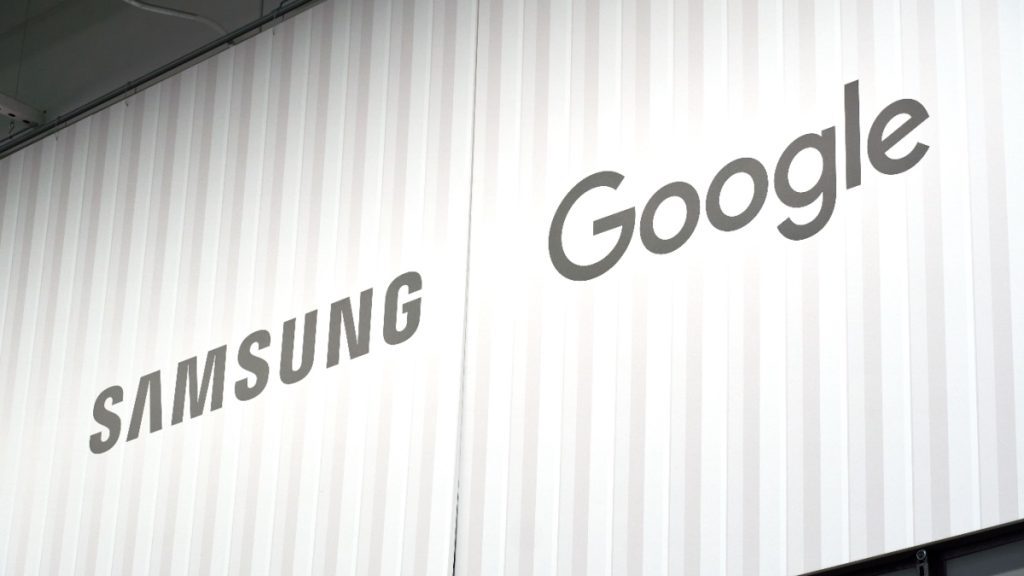
This year, Samsung released the latest generation of its flagship smartphones, the Galaxy S24. The Galaxy S24 has many AI features that make it different from other devices of its competitors, such as iPhone and Android phones, particularly Pixel 8.
Obviously, these smartphones have gained great attention globally, considered as the most powerful ones due to their AI capabilities.
The popularity of Google phones and Samsung phones is not comparable to their different versions, as the latter have enjoyed great popularity and high prevalence in all global markets, primarily Arabic and Asian in particular, so public acceptance of AI technologies cannot be measured by the prevalence and success of phones “Pixel 8”, as Samsung phones are a more accurate standard for phones than others, and “Galaxy S24 Ultra” did not get much upgrades in gear, and AI was arguably the most important and unique feature of it.
Therefore, the mass turnout for the Galaxy S24 series is currently the most prominent indicator for the acceptance of these phones by audiences, and clearly indicates the thirst of mobile users for AI technologies, although limited.
In recent weeks, there have been numerous reports indicating strong sales of the new Samsung phone series, especially in Korea and India. Actually, the Galaxy S24 series was able to break the record set by the Galaxy Note series before its discontinuation, which was one of Samsung’s most popular phones worldwide.
Speaking of numbers, Galaxy S24 series recorded more than 1.21 million units in Korea alone, with 60% of these orders directed towards the Galaxy S24 Ultra, between January 19th and 25th, according to a report by Maeil Business News Korea.
While this figure is lower than the pre-order demand for the Galaxy S10 series, which reached 1.38 million units, the latter’s success was over a longer period of time, so it is expected that the Galaxy S24 will surpass this barrier by a significant margin.
On the other hand, the latest Samsung series managed to sell 173,000 phones daily compared to 125,000 for the Galaxy Note series, the previous record for the most phones sold in a single day.
In India for example, the situation was not that different, as the phone achieved a new sales and pre-booking record for the company, with 250,000 units sold on January 23rd after its availability on January 18th. Thus, these sales were achieved in just 3 days.
While in Europe, James Kito, Deputy Sales Manager at Samsung, expressed satisfaction with the phone’s success, noting that it went beyond expectations by exceeding the total pre-booking orders for the Galaxy S23 within just 7 days.
The Main Component of Success
In fact, the widespread demand for the new smartphones from Samsung was primarily driven by the appeal of their AI features, despite these features being relatively basic and available in many external applications.
The South Korean tech giant integrated these AI capabilities directly into the phone’s system for easier access. The AI enhancements in the Galaxy S23 focused on improving image quality and instant translation, similar to what Google offers in the Pixel 8.
While these features are important and unique, they are just the beginning of AI’s potential, which could lead to fully integrated personal assistants with professional imaging capabilities available at all times on smartphones.
In parallel, Apple, the main competitor of Samsung, is fully aware of how important AI is in shaping the future and attracting users to its ecosystem. Consequently, the company has been diligently working since last year to create its own cutting-edge AI model, as reported by various sources including Bloomberg and other international newspapers.
When talking about the success of AI integration in a smartphone, it is worth mentioning that there is a main component behind it.
For Samsung, Qualcomm’s leading AI chips have enhanced Samsung’s capabilities.
Even if the latter makes their own chips and offers the same advantages, Qualcomm is currently the leader in artificial intelligence along with Apple and Google, and their importance goes beyond those two manufacturers together because Qualcomm customers from phone manufacturers are much larger than Apple and Google combined.
Although the current AI capabilities integrated into smartphones are still primitive and limited, they do have an impact on sales.
However, the true transformative potential of these features will only be realized when they become ubiquitous across all phones from various manufacturers. Once this happens, artificial intelligence in smartphones will evolve beyond basic functions like photo editing and translation, ushering in a new era of intelligent and personalized mobile experiences.
Inside Telecom provides you with an extensive list of content covering all aspects of the tech industry. Keep an eye on our Tech sections to stay informed and up-to-date with our daily articles.